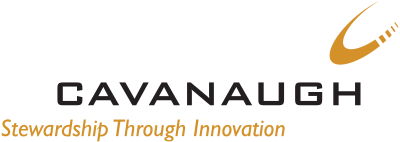For 2013, the GEFA Water Audit Training Project moves into Stage 3
In preparation for the 2012 Water Audits in the State of Georgia, the Cavanaugh team has been working diligently, partnering with CH2M Hill, to train the staff of over 100 small water systems how to correctly perform Water Audits so they can zero in on lost revenues. Through ‘hands-on’ training sessions in centralized locations in close proximity to their utility, validation phone calls, question and answer sessions, webinars and follow-ups, the Water Team has been double and triple checking the understanding of the staff, so they know exactly where the audit figures come from, what they mean, and how to incorporate them.
Georgia is one state that is taking water shortage seriously. The Water Audits not only provide real loss calculations, which are measured by leakage, but also determine by calculations where the utility is losing revenue by identifying apparent loss. The training circuit began in May, and over the ten-month project period, we have been working with the Georgia water professionals, reinforcing the basic tenets of water efficiency. By taking “water efficiency” into their own hands, Cavanaugh expects each system to change its business practices, so they establish a mentality of “water efficiency”, where they will capture new revenue and gain supply capacity by identifying leakage. Steve Cavanaugh said, “The staff will be able to develop a methodology, whereby they can obtain and understand meaningful data, see and understand the value of it, while at the same time becoming the best stewards of their resources.”
Will Jernigan, the Director of Water Efficiency for Cavanaugh, and who is heading up the Georgia training program is excited about the progress made so far. He was involved in writing the Georgia Water Loss Manual, is on the AWWA subcommittees for Software and Apparent Loss, and a member of the National Water Loss Control Committee. The most exciting part of the training program is seeing billing staff, distribution staff, and finance staff grow in their communicating with one another, and to see them exhibit their leadership to achieve greater understanding about priorities and proactive efforts for managing water loss. These utility leaders will be able to relay this important information to elected officials and the public. We are already getting positive feedback from the city managers, as many utilities are becoming aware of the updated techniques in water efficiency. The real goal in water efficiency is to capture all the lost revenue from the utilities and make every drop count.
Stage 3 is coming up in 2013, and we are excited for the final wave of workshops and reinforcement in this groundbreaking training program in the State of Georgia.

